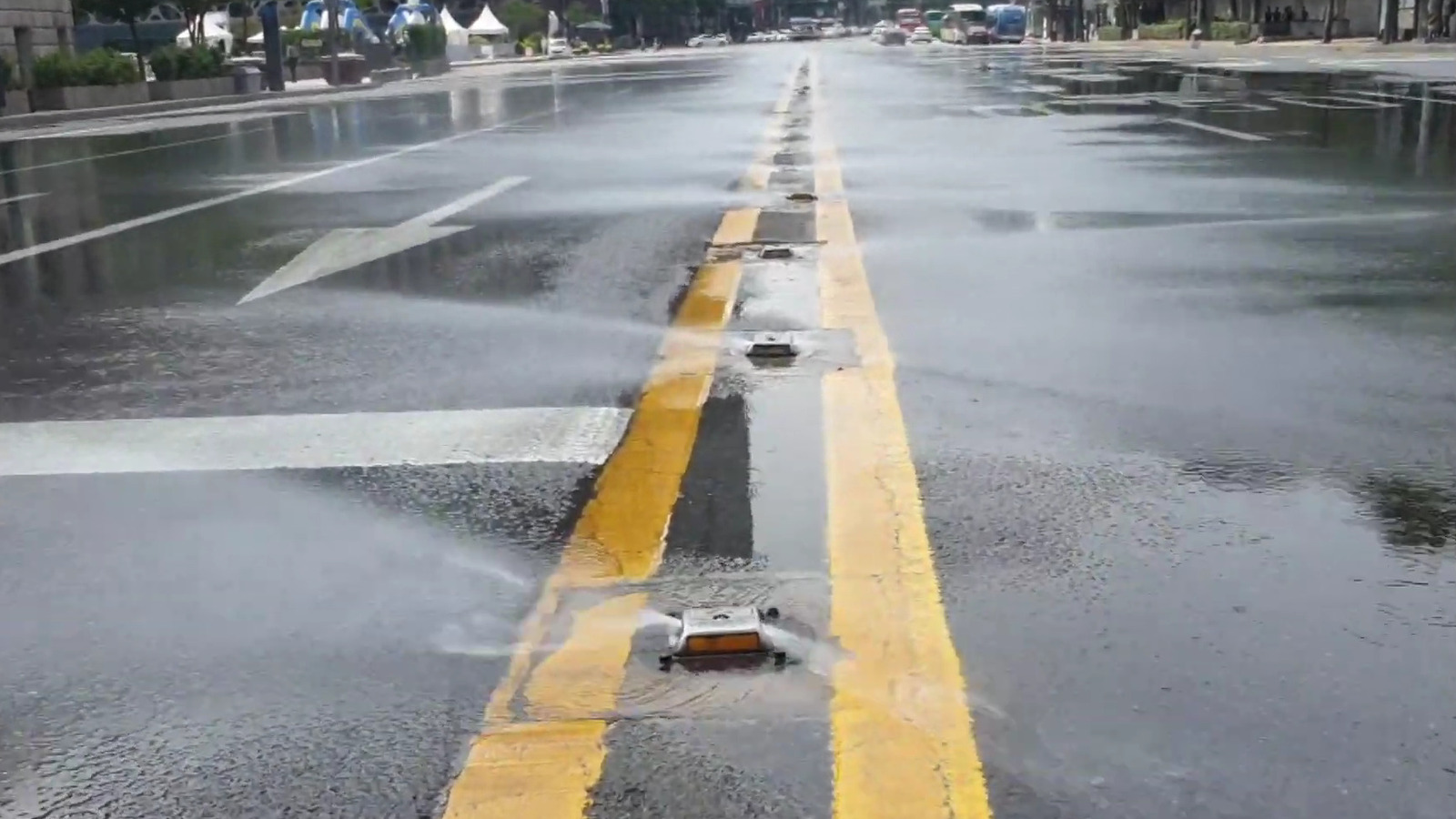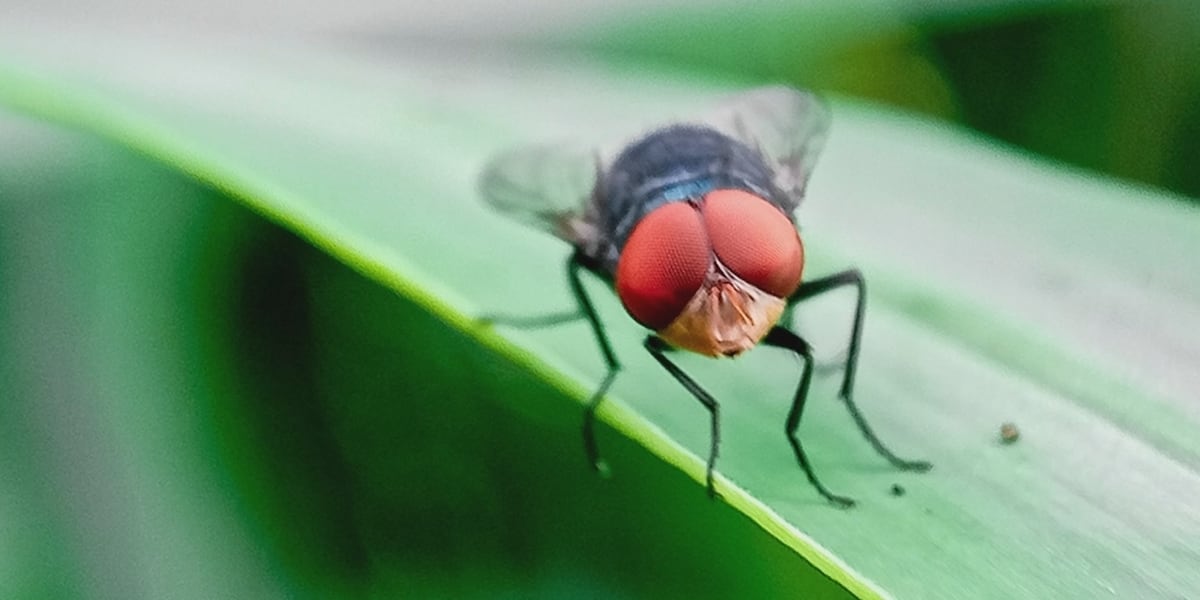South Korea's Self-Cleaning Streets: How Smart Technology is Revolutionizing Urban Maintenance

South Korea is renowned for its technological innovation, and one of the most impressive examples can be found on its city streets. Forget street sweepers and manual cleaning – in several South Korean cities, roads effectively clean themselves thanks to a sophisticated system of smart sprinklers and repurposed rainwater. This isn't just about cleanliness; it's a clever, eco-friendly approach to urban maintenance that addresses both sanitation and temperature regulation.
The Smart Sprinkler System: A Detailed Look
The core of this self-cleaning system lies in strategically placed smart sprinklers. These aren't your average garden sprinklers; they're equipped with sensors and connected to a central control system. The sensors monitor factors like rainfall, temperature, and the level of dirt and debris on the road surface. Based on this data, the system automatically activates the sprinklers, delivering precisely the right amount of water to clean the streets.
Repurposing Rainwater: Sustainability in Action
What truly sets this system apart is its commitment to sustainability. Instead of relying on fresh water sources, the sprinklers primarily utilize collected rainwater. A network of drainage systems captures rainwater during storms and stores it in underground reservoirs. This stored water is then used to clean the streets, significantly reducing the strain on municipal water supplies and minimizing environmental impact. This closed-loop system demonstrates a forward-thinking approach to resource management.
Beyond Cleanliness: Keeping Streets Cool
The benefits extend beyond just keeping the streets clean. The water sprayed by the sprinklers also helps to cool the road surfaces, mitigating the urban heat island effect. Asphalt and concrete absorb a significant amount of heat, causing temperatures in urban areas to be considerably higher than in surrounding rural areas. By spraying water, the system helps to lower the surface temperature, creating a more comfortable environment for pedestrians and reducing energy consumption for air conditioning.
The Impact and Future of Self-Cleaning Streets
The implementation of these self-cleaning streets has had a noticeable impact on the cities where they've been deployed. Not only are the streets cleaner, but the reduced water consumption and mitigation of the urban heat island effect contribute to a more sustainable and livable urban environment. The technology is also proving to be cost-effective in the long run, reducing the need for manual labor and associated expenses.
Looking ahead, South Korea is exploring ways to further enhance the system, potentially integrating features like real-time pollution monitoring and targeted cleaning based on specific areas of concern. The success of this initiative has inspired other cities around the world to explore similar smart city solutions, demonstrating the potential of technology to transform urban spaces and improve quality of life. It represents a paradigm shift in how we approach urban maintenance, moving away from traditional, labor-intensive methods towards a more efficient, sustainable, and technologically advanced model.





